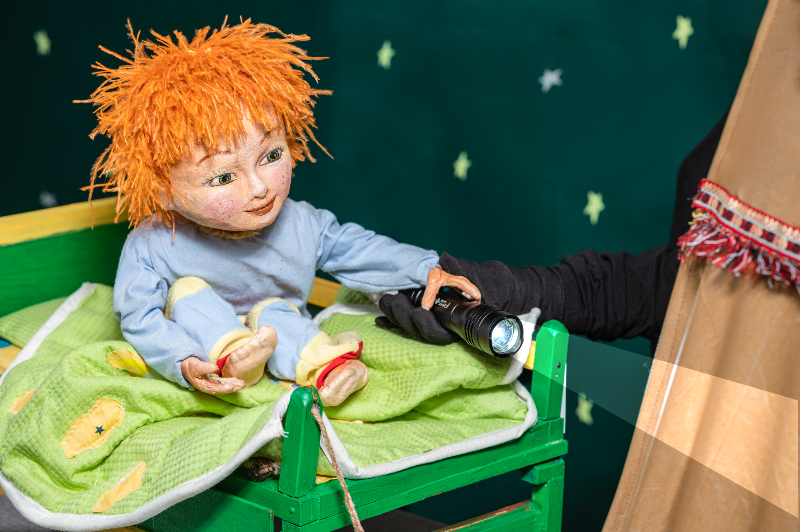02.04.2020
Guidelines for the New Routine
Going Out to Public Space
Gatherings and Meetings
Employees and Places of Work
>Emergency regulations statement form, restriction of activity
>Emergency regulations, restriction of activity (31/3/2020) (Hebrew)
Passover
Preparations ahead of Passover
• There will be no immersion of dishes or Hagaalah of dishes in the public sphere.
• There will be no burning of chametz in the public sphere.
• There is no need to sanitize the homes. Regular bleach and other household cleaning detergents will suffice.
• It is recommended that you get your groceries done by delivery services.
• If you must go out to the public sphere, wear a regular face mask or a home-made mask from cotton cloth, according to the Ministry of Health’s guidance, and keep a distance of 2 meters from each other.
Businesses, Stores and Services
Businesses that are allowed to operate
Businesses will operate, while maintaining a distance of 2 meters between costumers, marking of checkout and line standing places, prevention of crowding, so there will be no more than four customers at each checkout at the same time.
Businesses that are closed to the public but allowed to operate in delivery format only (no takeaway)
The businesses are closed to the public but you can make an order from them by telephone or online, and provision of products will be made by delivery only. The delivery will be placed in front of a the home entry.
Businesses that have been closed
Businesses are prohibited to operate at a client’s home as well.
> Detailed information about business activity: commerce and leisure – allowed and prohibited (Hebrew)
Healthcare Services
People With Disabilities
People with autism spectrum disabilities or people with mental disability or alike, are allowed, along with one escort and when needed, to exceed the distance limitation, set by the regulations (100 meters from living area) in essential cases, required for keeping their health or mental state; and this only in a gradual manner and in accordance with the minimal possible distance and time, while adhering to Ministry of Health’s guidelines (a distance of 2 meters from others etc.).
It is advisable to go out with appropriate permissions, disability certificate, exemption certificate or professional document; this is without underestimating the need to strictly follow the guidelines.
Use online, remote, virtual, telephone and similar services as much as possible, in order to create effective routine.
Traveling Abroad
Do not fly and get medical evaluation locally. Reduce contact with others and adhere to strict hygiene.
Education
Wearing a Mask and Other Behavior Guidelines
Find us at Instagram




